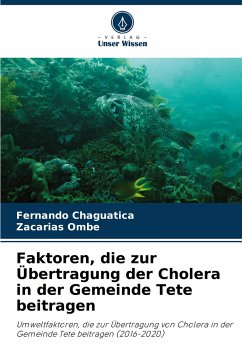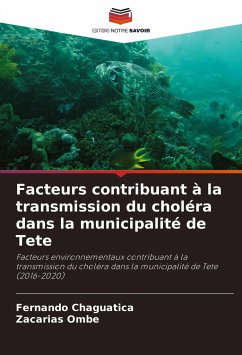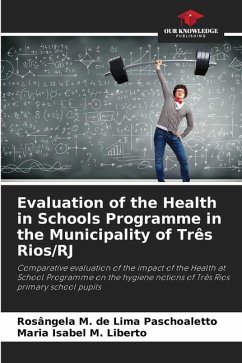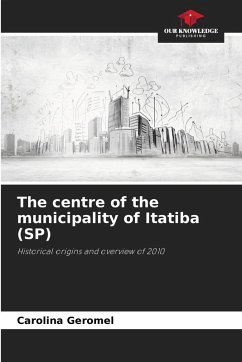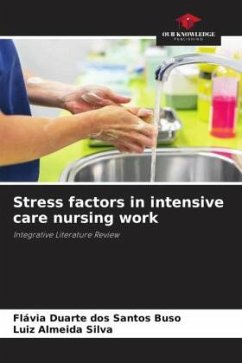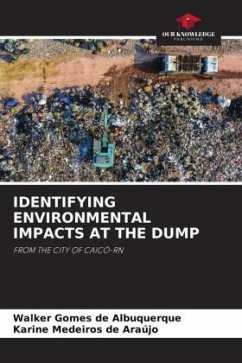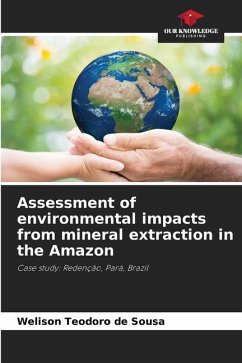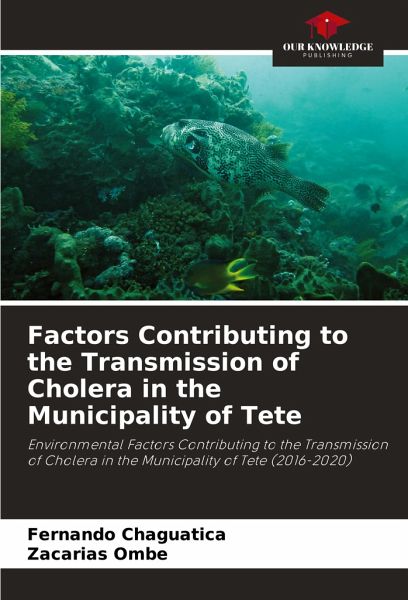
Factors Contributing to the Transmission of Cholera in the Municipality of Tete
Environmental Factors Contributing to the Transmission of Cholera in the Municipality of Tete (2016-2020)
Versandkostenfrei!
Versandfertig in 6-10 Tagen
29,99 €
inkl. MwSt.

PAYBACK Punkte
15 °P sammeln!
This study aims to look at the environmental factors that contribute to the transmission of cholera in the municipality of Tete, between 2016 and 2020. The municipality has not recorded any cases of cholera in the timeframe of the research. However, there is an imminent outbreak of this disease, especially in suburban neighbourhoods, due to the poor solid waste collection capacity in these neighbourhoods, which is characterized by the Municipal Sanitation Company not being able to penetrate the places due to the disorganization of housing. The existence of open-air rubbish dumps, the existence...
This study aims to look at the environmental factors that contribute to the transmission of cholera in the municipality of Tete, between 2016 and 2020. The municipality has not recorded any cases of cholera in the timeframe of the research. However, there is an imminent outbreak of this disease, especially in suburban neighbourhoods, due to the poor solid waste collection capacity in these neighbourhoods, which is characterized by the Municipal Sanitation Company not being able to penetrate the places due to the disorganization of housing. The existence of open-air rubbish dumps, the existence of ponds and swamps with waste water, the reuse of this water by some sectors of society, among others, are all factors that make the suburban neighborhoods of the city of Tete potential breeding grounds for cholera. In view of this scenario, the study recommends that the municipality should begin consistent and permanent work to remove the open-air rubbish dumps in the suburbs, in order toimprove the quality of the environment and the lives of its inhabitants, thereby preventing these places from becoming hotbeds for the emergence and spread of cholera.





